Indigenous Governance Database
independent judiciary
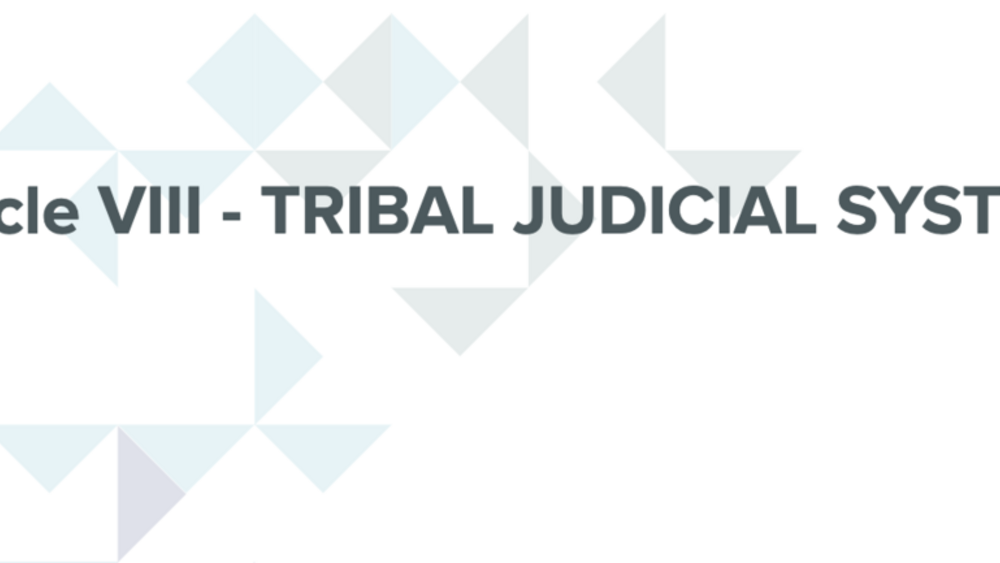
Ione Band of Miwok Indians: Judiciary Functions/Dispute Resolution Excerpt
Article VIII - TRIBAL JUDICIAL SYSTEM The judicial power ofthe Tribe shall be vested in the Tribal Council until such time as Tribal court(s) or other appropriate forums may from time to time be established by ordinance(s) for that purpose. Said ordinance(s) shall ensure the impartiality and…
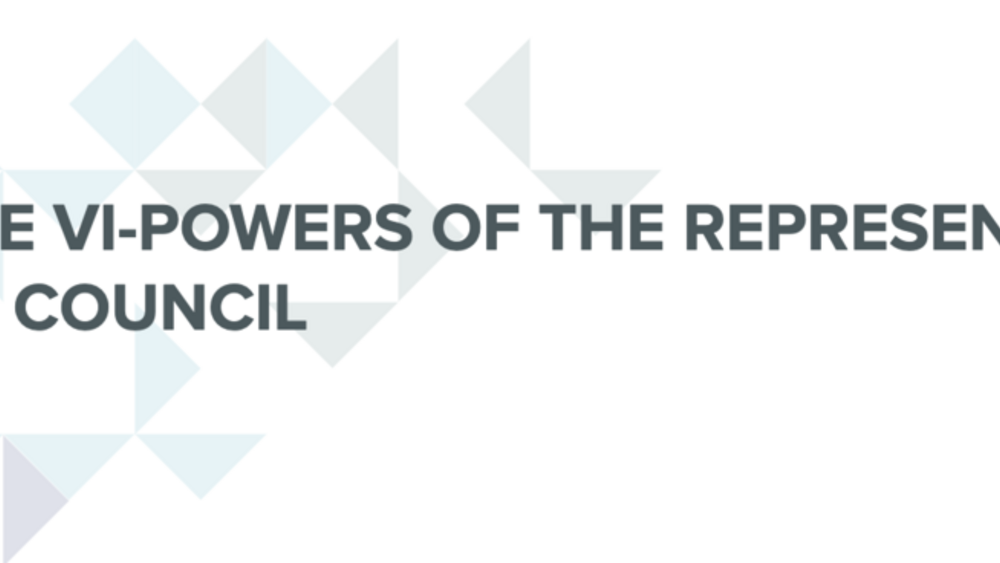
Jicarilla Apache Tribe: Judiciary Functions/Dispute Resolution Excerpt
ARTICLE VI-POWERS OF THE REPRESENTATIVE TRIBAL COUNCIL SECTION 4. Peace and Order.-The Council may make regulations, subject to review by the Secretary of the Interior, to protect the peace, safety, morals, and general welfare of the reservation, to provide a means of settling disputes, and to…
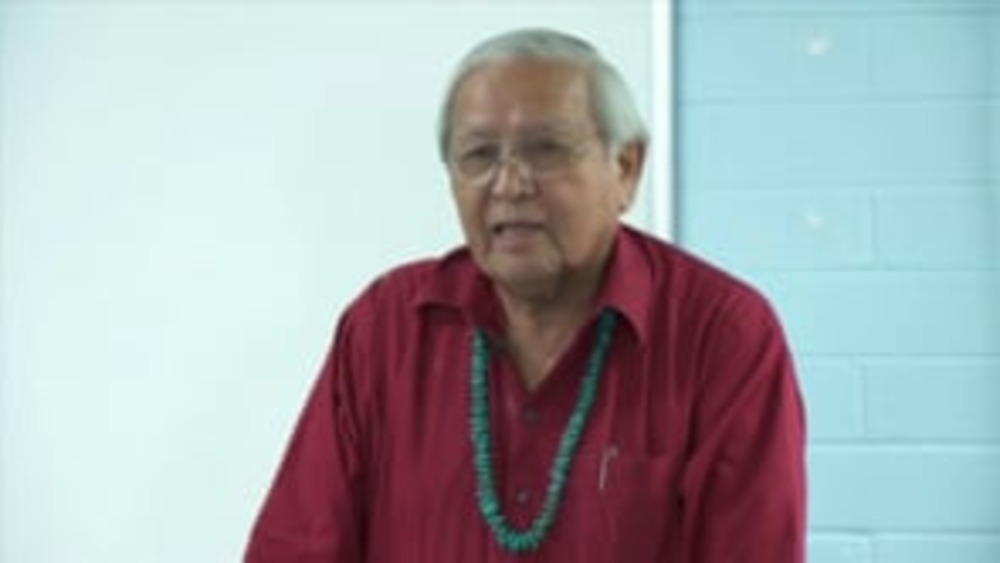
Peterson Zah: Native Nation Building: The Place of Education
Dr. Peterson Zah, former Chairman and President of the Navajo Nation, discusses the importance of higher education in empowering Native nations' efforts to achieve their nation-building goals. He also discusses the Navajo Nation Permanent Trust Fund as an example of the strategic orientation that…
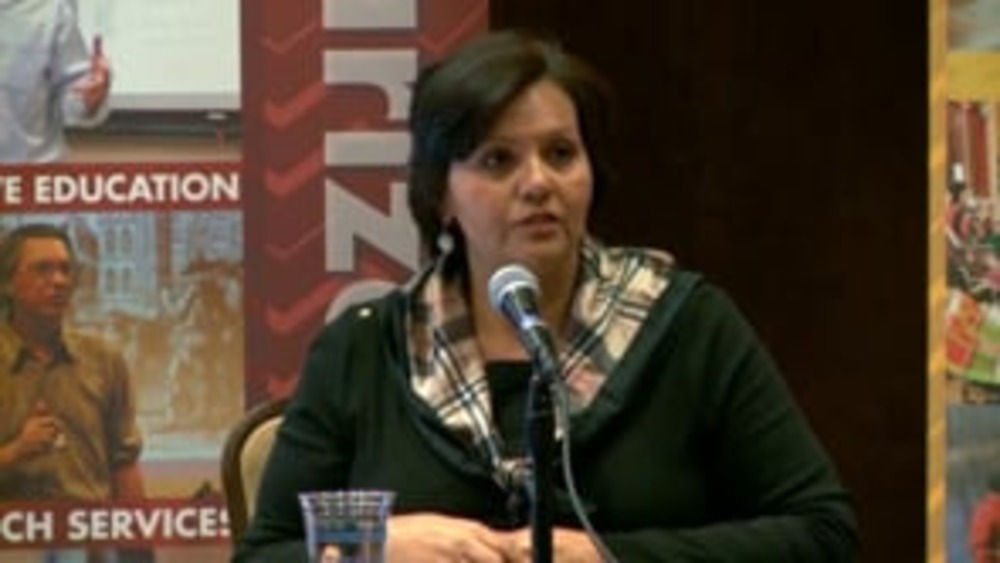
Rae Nell Vaughn: So What's So Important About Tribal Courts?
Rae Nell Vaughn, former Chief Justice of the Mississippi Choctaw Supreme Court, discusses how justice systems are critical to Native nations' exercise of sovereignty, and sets out some key things that those systems need to have in place in order to administer justice fairly and effectively on…
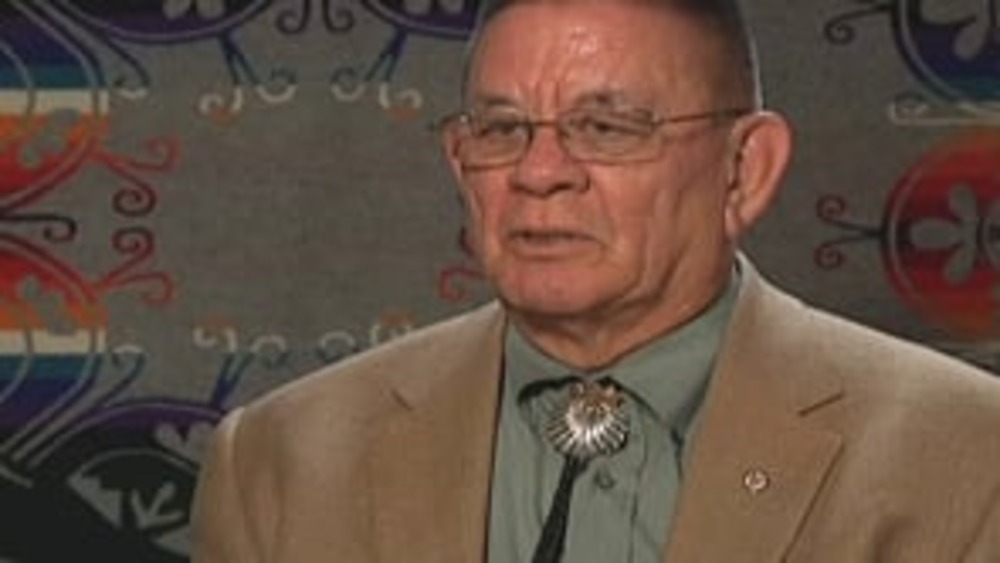
John McCoy: The Tulalip Tribes: Building and Exercising the Rule of Law for Economic Growth
Former Manager of Quil Ceda Village John McCoy discusses how the Tulalip Tribes have systematically strengthened their governance capacity and rule of law in order to foster economic diversification and growth. He also stresses the importance of Native nations building relationships with other…

NNI Indigenous Leadership Fellow: Rae Nell Vaughn (Part 1)
Rae Nell Vaughn, former Chief Justice of the Mississippi Choctaw Supreme Court, discusses the critical role that justice systems play in the rebuilding of Native nations and shares how the Mississippi Band of Choctaw Indians has worked to develop its justice system to reflect and promote its…

NNI Indigenous Leadership Fellow: Rae Nell Vaughn (Part 2)
Rae Nell Vaughn, former Chief Justice of the Mississippi Choctaw Supreme Court, shares how her nation methodically re-integrated Choctaw core values into its administration of justice, and how Mississippi Choctaw's creation of a fair and efficient justice system is paying social, cultural,…
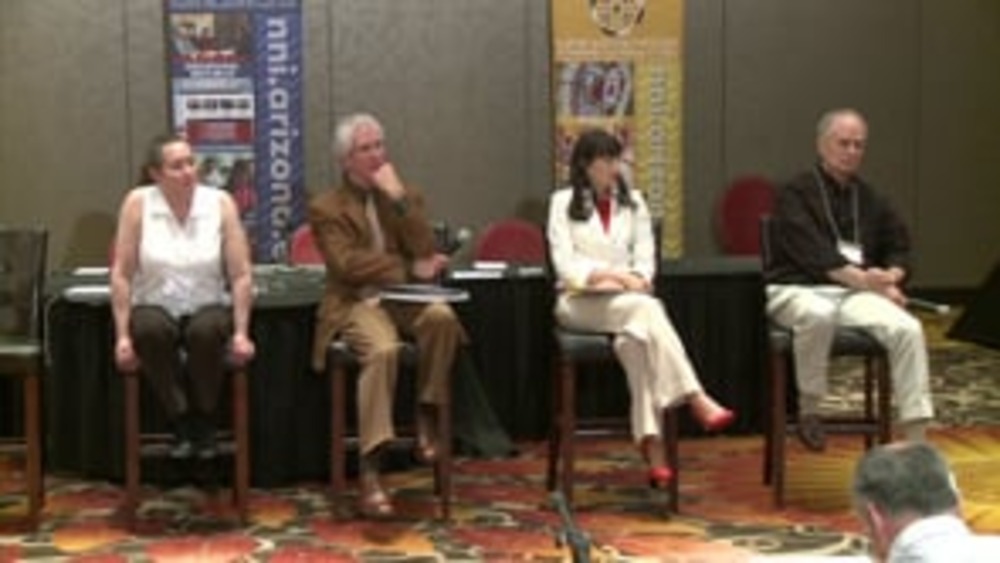
Constitutions and Constitutional Reform - Day 1 (Q&A)
Presenters and moderators from the first day of NNI's "Tribal Constitutions" seminar gather to field questions from seminar participants on a variety of topics ranging from dual citizenship to the relationship between a nation's constitution and its economic development environment.
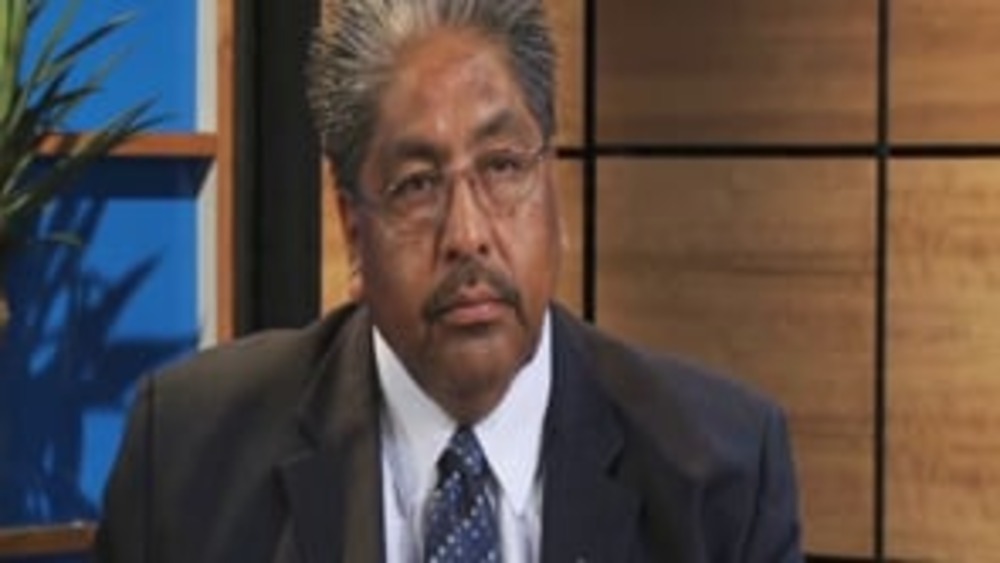
Ned Norris, Jr.: Strengthening Governance at Tohono O'odham
Tohono O'odham Nation Chairman Ned Norris, Jr. discusses how his nation has systematically worked to strengthen its system of governance, from creating an independent, effective judiciary to developing an innovative, culturally appropriate approach to caring for the nation's elders.
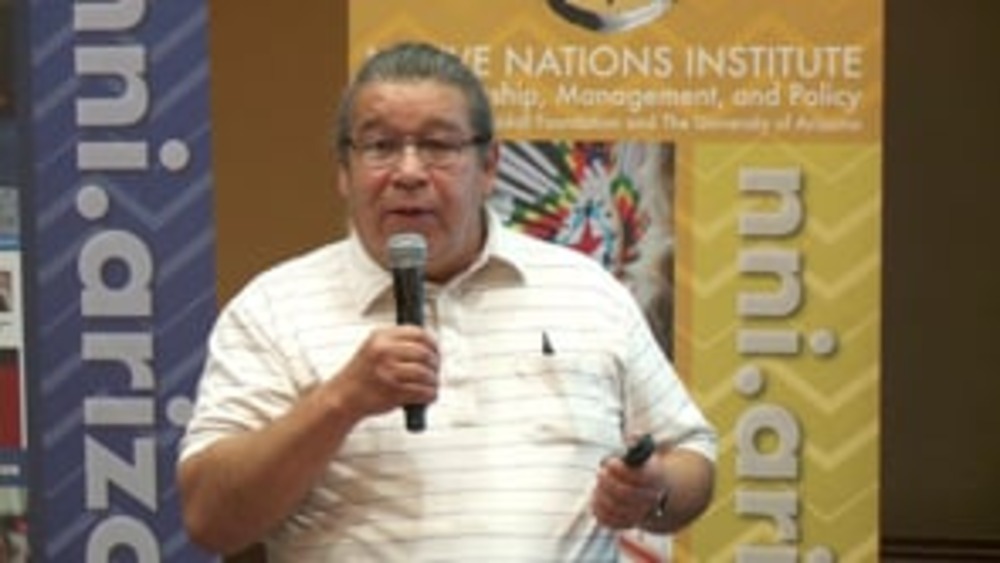
Richard Jack: Engaging the Nation's Citizens and Effecting Change: The Lac du Flambeau Story
Richard Jack, Chairman of the Constitution Committee of the Lac du Flambeau Band of Lake Superior Chippewa Indians, discusses some of the struggles that he and his fellow committee members have encountered as they engage the Lac du Flambeau people on the topic of constitutional reform and the need…
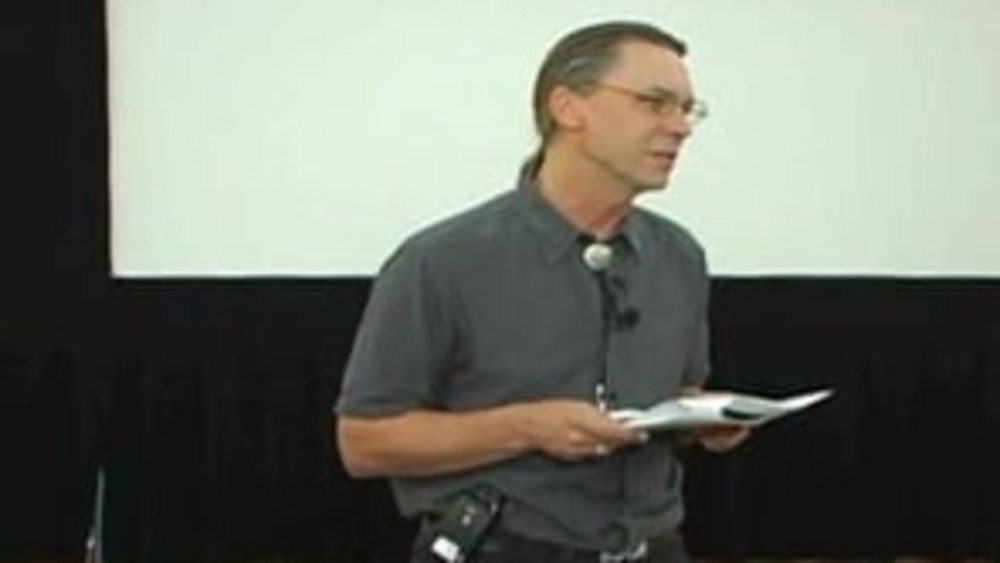
From the Rebuilding Native Nations Course Series: "Test: Does Your Nation Have an Independent Judiciary?"
Professor Robert A. Williams, Jr. shares a short test to help a Native nation and its leaders and citizens determine whether or not their judicial system is truly independent.
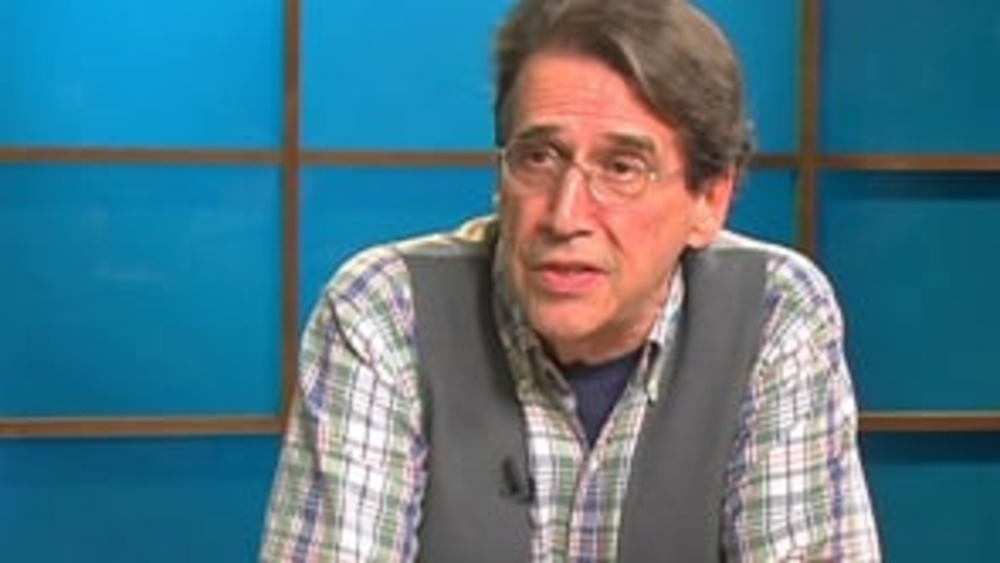
From the Rebuilding Native Nations Course Series: "Giving the Justice System the Support It Needs"
Native leaders and scholars share some critical ways that Native nations can support their justice systems to ensure their effectiveness.
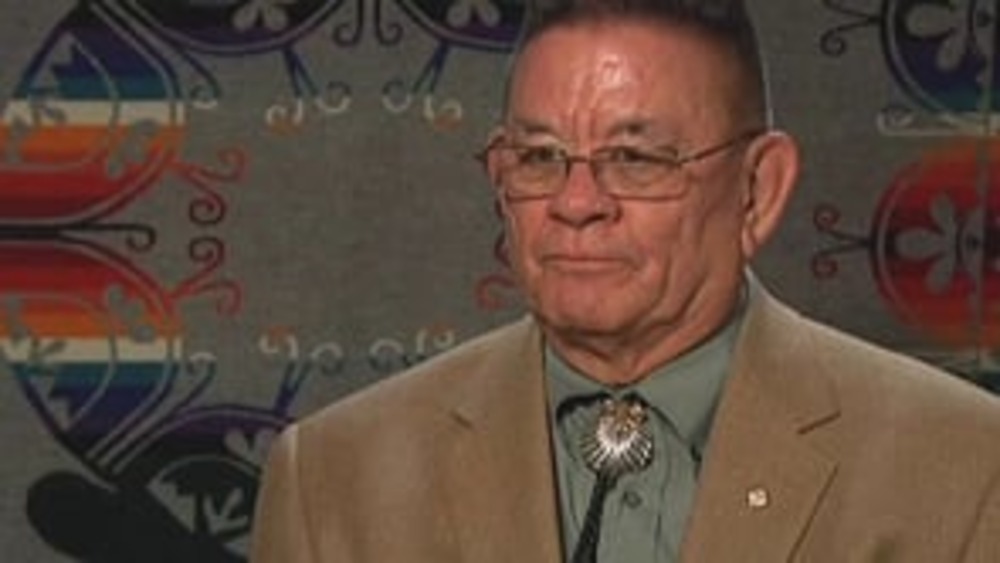
From the Rebuilding Native Nations Course Series: "What Strong, Independent and Legitimate Justice Systems Require"
Native leaders and scholars discuss what Native nations need to do to create strong, independent and culturally legimate justice systems.
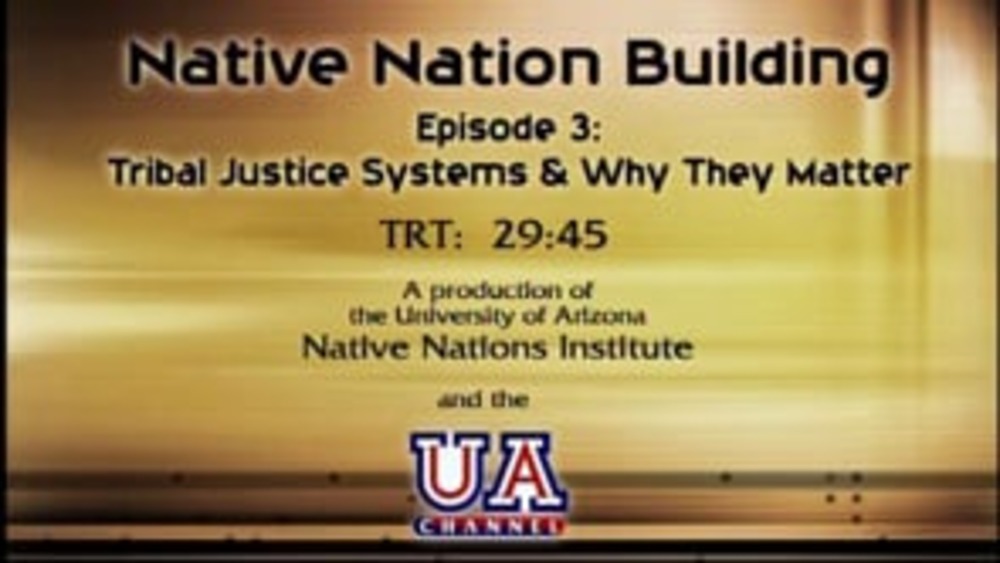
Native Nation Building TV: "Why the Rule of Law and Tribal Justice Systems Matter"
Guests Robert A. Williams, Jr. and Robert Yazzie discuss the importance of having sound rules of law and justice systems, and examine their implications for effective governance and sustainable economic development. They explore these issues and their role in creating a productive environment that…
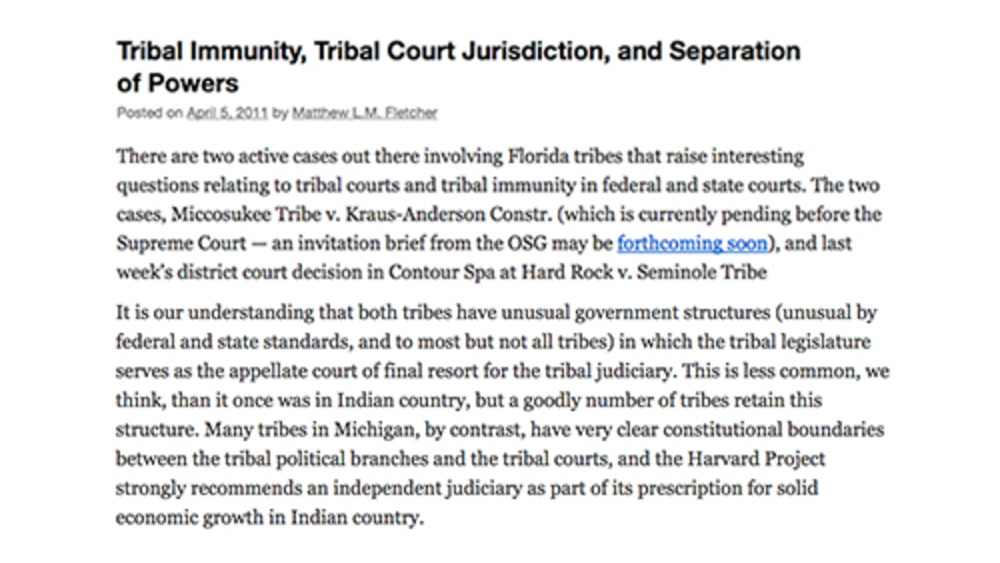
Tribal Immunity, Tribal Court Jurisdiction, and Separation of Powers
There are two active cases out there involving Florida tribes that raise interesting questions relating to tribal courts and tribal immunity in federal and state courts. The two cases, Miccosukee Tribe v. Kraus-Anderson Constr. (which is currently pending before the Supreme Court – an invitation…
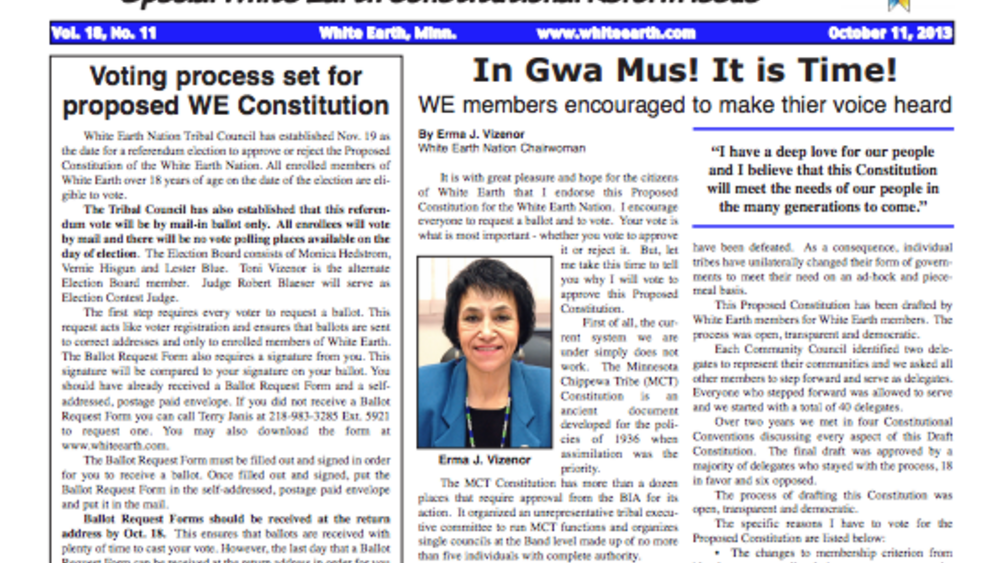
Special White Earth Constitutional Reform Issue
As the White Earth Nation prepares for a referendum election to approve or reject the proposed constitution, the Reform Committee has implemented a series of citizen engagement activities that includes a special issue of the tribal newspaper to inform citizens of the election date, proposed changes…
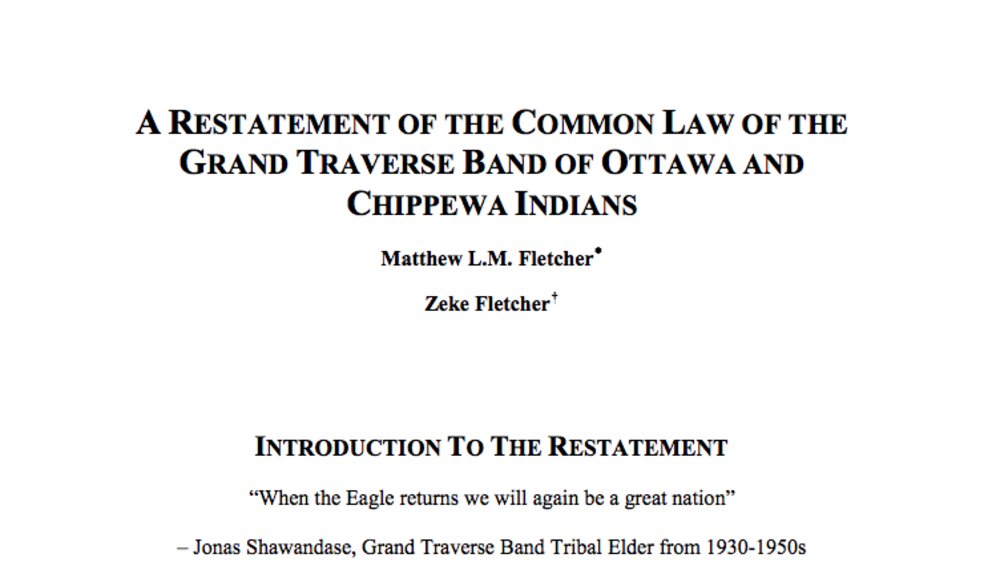
A Restatement of the Common Law of the Grand Traverse Band of Ottawa and Chippewa Indians
From 1872 until 1980 the United States government continually refused to recognize the sovereign status of the Grand Traverse Band of Ottawa and Chippewa Indians (GTB). For example, citizens of the Grand Traverse Band unsuccessfully attempted to regain this government-to-government relationship in…
